At PKS, we believe that math (like everything we teach) is not something that lives isolated in a classroom. Our goal is to get our students to take the ideas that we discuss in school and notice and wonder about them in their daily lives.
Spotlight on Math: The Pentagon Problem
At the beginning of May, we shared the pentagon problem with the PKS community: can you discover or create an irregular pentagon that will tile the plane with no gaps or overlaps? Many students and parents rose to the challenge, and it has been so much fun having conversations about the various solutions and how they found them.
Mathematics in Preschool (for Parents!)
The Vision of Mathematics at PKS
Kindergarten: Field to Table
In this engaging unit, teachers helped children answer a few essential questions: Where does food come from? How and why do we grow our own food? How do people organize the environment to produce and distribute food? How does knowing about our food help us make healthy choices? The unit was based on four basic premises: First, all living things have basic needs. Second, plants and animals have life cycles. Third, some foods are regional and/or seasonal. And fourth, gardens require care and attention. Through these lenses, students dove deep into lessons about geography, environmental science, math, and non-fiction vs. fiction.
First Grade: The Building Unit
The first grade blue class is in their third week of their building unit. There is tension in the air as students fly around the classroom putting the finishing touches on their projects before the final exhibition on Friday. Some projects boast tall towers made of cardboard, while others are short, squat structures secured by wooden columns, but they all have one thing in common: they were handmade and designed by a first grade student with the intent of learning about buildings.
Second Graders and “My City” (我的城市)
The two PKS second grade classes kicked off the year with an exciting dive into their own habitat: San Francisco. The 我的城市 (“My City”) unit of exploration encouraged them to ask and answer big questions: What is a city? What does it take for people to live together and get along? What infrastructure is critical to keeping a community peaceful? What are the biggest problems in San Francisco?
Fourth Grade Migration Presentation
Second Graders Celebrate San Francisco
Building Our Classroom
Fourth grade students found a surprise on the first day of school this year: the walls of their classroom were bare, and furniture stood in the middle of the space along with some classroom technology equipment. An accidental oversight? Not at Presidio Knolls. As one student put it, “The teachers are trusting us to figure out how to design the classroom - this is awesome!”
Progressive Learning at PKS
Without a doubt a school can be a progressive school and a language immersion school. There’s nothing about language immersion that limits our ability to implement progressive or vice versa. One specific example: repetition and daily practice of characters is an important part of learning Chinese. A progressive approach would be to consider: what is the appropriate amount of time for a 3rd grader to engage in this practice, and how do we make it as engaging and enjoyable as possible? There is no one strategy that is cancelled out by progressive – it’s about weighing kids’ developmental needs to create a well-rounded approach.


